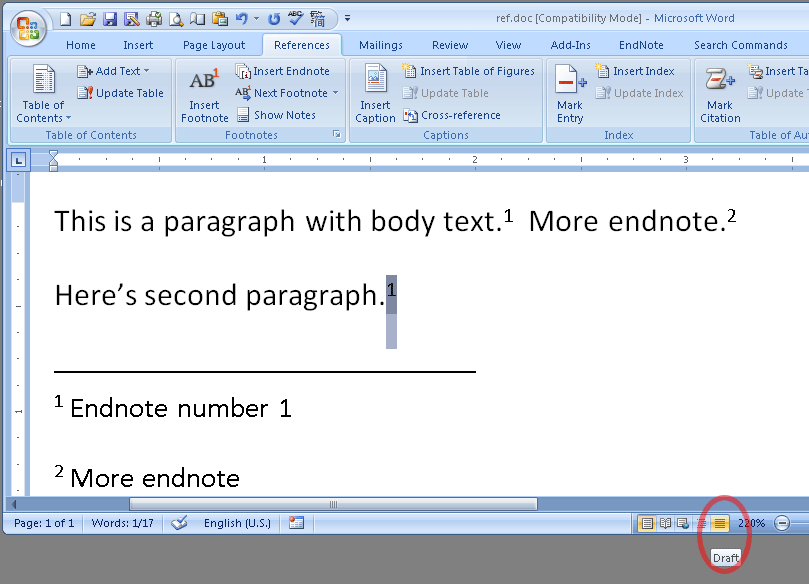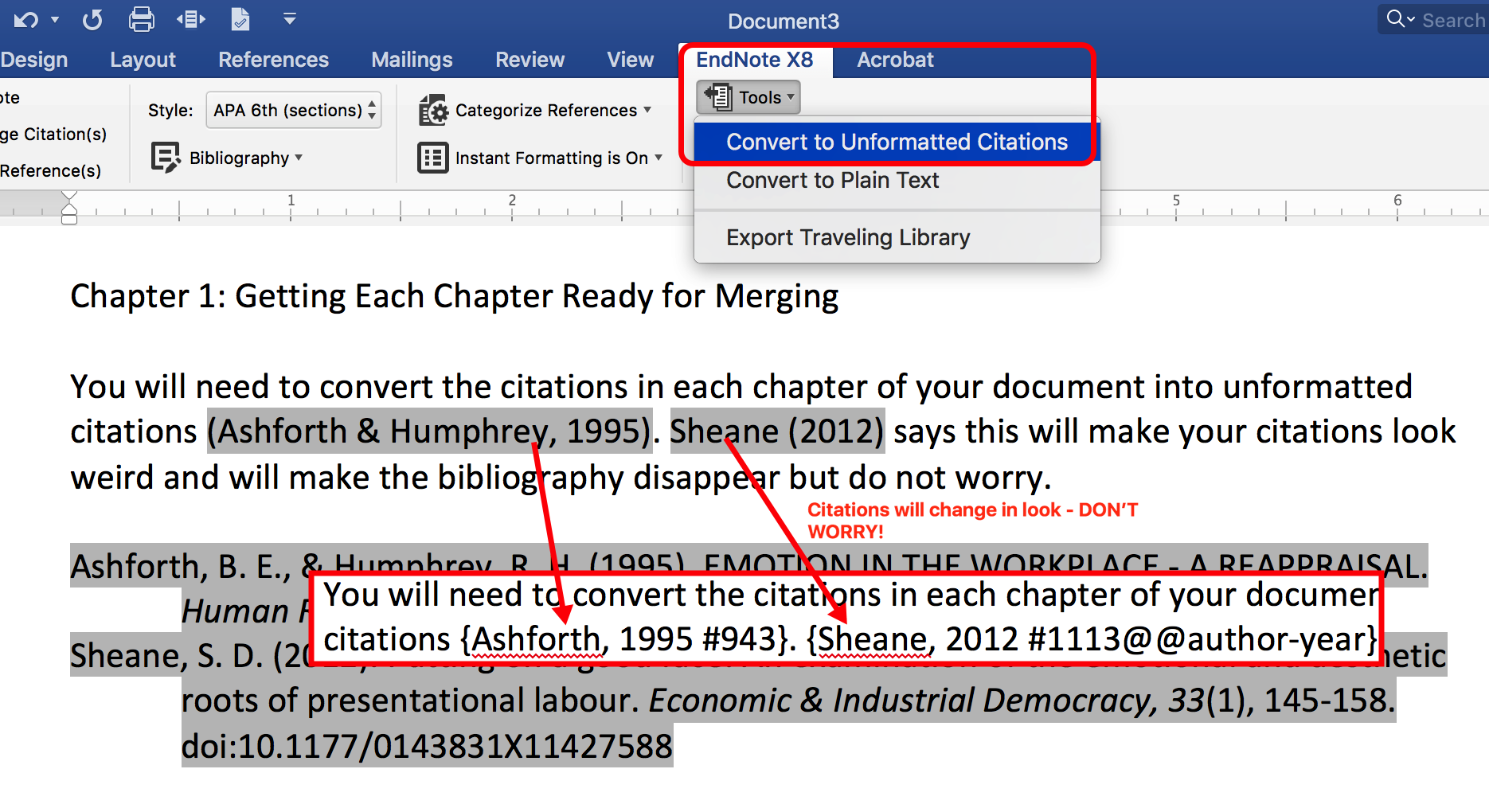

medicine? And where is the sense and meaning for more than one Inline-Citation-Style? Why do we need more than one citation-style per specialty, e.g. The differences of the styles are academically worthless. Indeed, we know from Slavic alone that even stems aren't stable consider: "основные результаты Льва Толстого (1863 1865)" or "první článek Haška (1924)" [in Czech surname shows an etymologically similar e/null alternation in the : In which document do you need that different inline-citation-format?įrom my point of view this discussion is utmost academic in the negative meaning.Īs one can see, the mass of Citation-"Styles" is there for historical reasons because the Journals cooked their dinner all alone. Do you suggest users somehow mark the stem so that it is inserted by Zotero, and the suffix will be inserted by the user? This strikes me has more convoluted and error-prone than the current system. And I think you really don't want to try to make an automated system for this in the many languages that do have inflectional morphology (Slavic and Turkic languages are particularly rich in this area). I believe there has been discussion of a "Suppress date" checkbox to complement the "Suppress author" option, but this hasn't happened, in part because it would be problematic for writers who switch from an Author-Date to Note citation style.Īs you see, even for languages with limited inflectional morphology (English), this still doesn't work.

Well, the reason for this is that the author name in this and many Author-Date styles is often integrated into the grammar of the sentence, so it isn't quite as simple as replacing (Author, Year) with Author (Year)- it can be something more complex, like: "Cummings et al.’s (2002) results are very interesting". Yes this created an UPDATE/REFRESH issue but if we talk about a Russian language (for instance) from the beginning the user should write the last name with the suffix (anyway there should be a suffix control for times when the user is not sure about the gender of the writer or decides to leave it to a later date). Suffix mode: with or without brackets but with an ability to TWEAK author name so it will be possible to add suffixes. No suffix control is needed (default mode).Ģ. English mode: with or without brackets, according to need of the sentence. In English (not my native language though) we don't use suffixes so my proposal is not a problem, also English is the main language for citation and research paper so high percent of users will appreciate this.ġ. I think it also applicable to German but i am not sure, i know only Russian. The suffix for most female authors is: aya Yes, there are languages that add suffixes to Names such as Russian Language.įemale Author: Doginskaya, Catinskaya, Cowskoya
HOW TO INSERT CITATION FROM ENDNOTE IN WORD HOW TO
I don't know how to solve it, it think the best solution is to allow citation without brackets around the name.

If i use Zotero plugin citation this limits me to specific style of writing because bracket citation is used mostly in the end of the sentence and i am using it everywhere (i think professor will be angry). I used Zotero Word plug-in extensively for a month and recently noticed that are two different techniques of citation with/without brackets in the articles.

First of all thank you for your quick response.


 0 kommentar(er)
0 kommentar(er)
